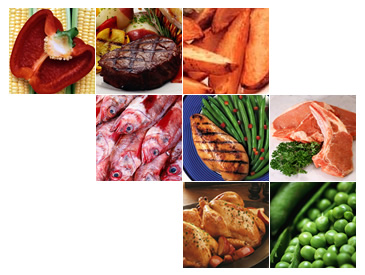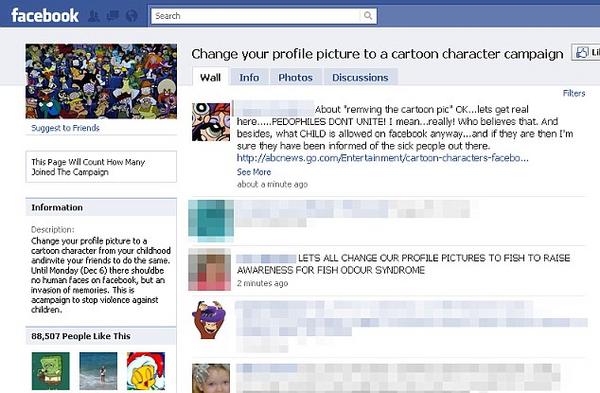 The usage of ‘right food’ in our daily lives is so dicey that it leaves the most researched theories on ‘eat right’ in an inconclusive state. Similar is the reported perplexity of an unbiased urban consumer as he strolls in the supermarket to decide on a particular food item, which ends up on ethical concerns and not on flavor profile or the price of the food. An article points out that with tempting marketing labels, confusing nutritional advice and the background of a particular ingredient disrupts a consumer’s discerning capability in the supermarket.
The usage of ‘right food’ in our daily lives is so dicey that it leaves the most researched theories on ‘eat right’ in an inconclusive state. Similar is the reported perplexity of an unbiased urban consumer as he strolls in the supermarket to decide on a particular food item, which ends up on ethical concerns and not on flavor profile or the price of the food. An article points out that with tempting marketing labels, confusing nutritional advice and the background of a particular ingredient disrupts a consumer’s discerning capability in the supermarket.
The solution to ‘moral quandaries’ as provided by Arthur Caplan, director of the Center for Bioethics at the University of Pennsylvania, is to set moral priority when purchasing a certain product, which according to him should be the torture that an animal undergoes before his ultimate slaughter.
The root of this problem is undoubtedly the wide array of food products available to us today. Consumers are the last ones to resolve, but what they can do is set moral standards for themselves while buying foods. At a phase where every good thing is becoming a precious item in terms of sustainable production, they have to be careful about selecting alternatives, which end up being simply worse.
However, considering the larger toll on health, a thought for one’s own health stands above anything else. If it is anything else then why waste time suing the fast food guys. What I find that consumers should often go back to the locally grown foods for fresh ingredients, even in the case of freshly caught salmon or eggs. Can the food industry bring about a convergence between locally grown and industrially produced foods for setting the food ethics of the urban consumers straight?
Via: Washington Post



